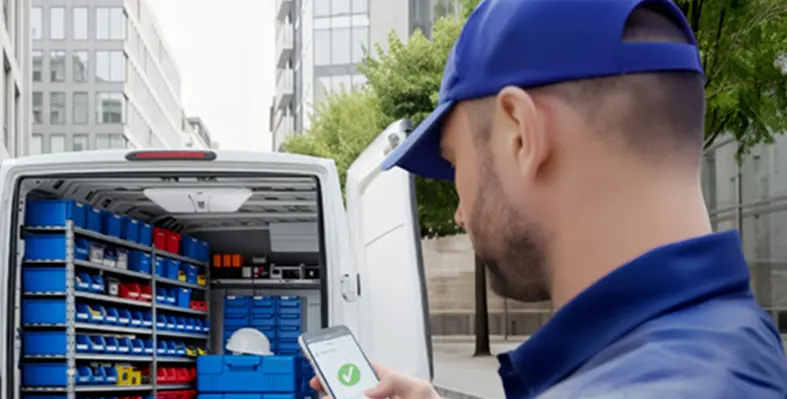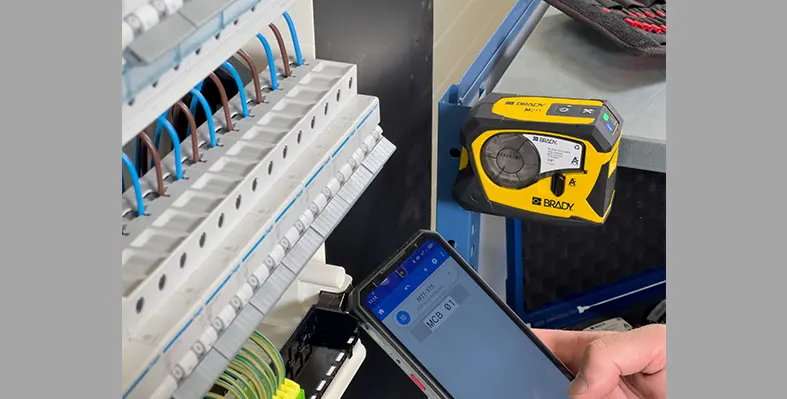Positioned at the centre of Southern Africa’s transport network, Limpopo carries a constant flow of traffic along key routes such as the N1, R71 and R37. These corridors are vital for linking communities, enabling regional trade and moving goods across borders
Their importance, however, also brings heightened safety risks. For the Limpopo Department of Transport and Community Safety (LDTCS), improving road safety relies heavily on one essential factor: reliable, easy-to-use data that explains where crashes happen and what causes them.
For many years, road crash information in the province was recorded manually across different districts, without spatial mapping. This fragmented approach limited the ability of authorities to identify high-risk areas or take preventive action. Through the Limpopo Road Safety Programme (LRSP), funded by the Anglo American Foundation and delivered with support from The Impact Catalyst, Project 3 was launched to address these gaps.
In collaboration with LDTCS and the Office of the Premier (OTP), the project team developed a GIS-based incident dashboard that consolidates provincial crash data into a single, visual platform.
“Having a shared picture of where our highest-risk corridors and communities are makes all the difference,” notes Mr Stephen Matjena, LDTCS Head of Department, “because it allows us to direct limited enforcement and investment where they can have the greatest impact.”
Building a practical tool through collaboration
The initiative began with a proof-of-concept system built on ESRI technology, developed alongside the CSIR and technical partners. Early testing focused on real-world applications, including pedestrian vulnerability and ambulance response trends. As the work progressed, greater emphasis was placed on improving data accuracy and usability. Records were cleaned and structured, filters and categories refined, and terminology adjusted in close consultation with provincial officials. By 2025, the dashboard was ready for handover, giving users an intuitive way to analyse incidents by corridor, district, severity and time period. It is already informing corridor planning discussions and helping justify targeted interventions in identified high-risk zones.
“The goal was never to build a shiny system in isolation,” reflects Dr. Mari Romijn, Impact Catalyst Head of Department of Capable State. “It was to co-create something practical with provincial teams that can grow into a full road safety intelligence platform over time.”
Strengthening partnerships and future opportunities
The benefits of the dashboard are becoming increasingly clear. It has established a common evidence base for LDTCS, the Office of the Premier, the Department of Health and Roads Agency Limpopo, supporting closer coordination on enforcement priorities, strategic planning and updates to the Limpopo Road Safety Strategy and Action Plan. At the same time, the Limpopo Department of Health’s new Computer-Aided Dispatch (CAD) system presents opportunities to integrate emergency medical services data in the future, offering deeper insight into crash severity, response times and patient outcomes.
Overall, the incident dashboard shows how practical, data-led solutions can help even resource-limited administrations move from reactive responses to a proactive, intelligence-driven approach to road safety, while gradually building the skills and systems needed for long-term ownership and innovation.










